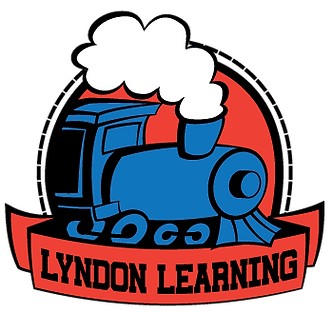Childhood is a crucial period of growth and development, and proper nutrition is the cornerstone of a healthy, happy life. The early years lay the foundation for lifelong health, making childhood nutrition a topic of paramount importance.
In this blog post, we will explore the key pillars of childhood nutrition that parents and caregivers should prioritize to ensure optimal health and well-being for their little ones.
Nourishing Futures: The Key Pillars of Childhood Nutrition
1. Balanced Diet
A balanced diet is the foundation of childhood nutrition. It should include a variety of foods from all food groups, such as fruits, vegetables, whole grains, lean proteins, and dairy products. This ensures children receive a wide range of essential nutrients, vitamins, and minerals.
2. Portion Control
Proper portion control is essential to prevent overeating. Serving appropriate portion sizes helps maintain a healthy weight and promotes a balanced intake of nutrients.
3. Nutrient Density
Foods should be nutrient-dense, meaning they provide a high concentration of essential nutrients relative to their calorie content. Nutrient-dense foods include leafy greens, berries, lean meats, and whole grains.
4. Hydration
Adequate hydration is crucial for children’s overall health. Encourage water consumption and limit sugary drinks, as water is essential for digestion, circulation, and temperature regulation.
5. Healthy Snacking
Healthy snacks between meals can provide children with a steady source of energy and nutrients. Opt for whole, minimally processed snacks like fruits, vegetables, yogurt, or nuts.
6. Limit Added Sugars
Excess sugar intake is linked to various health issues, including obesity and dental problems. Minimize the consumption of sugary foods and beverages in a child’s diet.
7. Fiber-Rich Foods
Fiber aids digestion, helps regulate blood sugar levels, and contributes to a feeling of fullness. Incorporate fiber-rich foods like whole grains, legumes, and vegetables into meals.

8. Essential Fats
Healthy fats are essential for brain development and overall health. Include sources of omega-3 and omega-6 fatty acids in the diet, such as fatty fish, avocados, and nuts.
9. Age-Appropriate Nutrition
As children grow, their nutritional needs change. Ensure that their diet aligns with their developmental stage, providing the right nutrients at the right time.
10. Family Meals
Family meals are a valuable opportunity for children to learn about portion sizes, food choices, and social interaction. Eating together fosters healthy eating habits and strong family bonds.
11. Education and Awareness
Parents and caregivers should educate themselves about childhood nutrition and stay informed about dietary guidelines. This knowledge empowers them to make informed choices and teach their children about healthy eating.
12. Positive Food Environment
Create a positive food environment by promoting a healthy attitude towards food. Avoid using food as a reward or punishment and encourage a positive relationship with eating.
Conclusion
Childhood nutrition is a multifaceted aspect of parenting, encompassing various elements from balanced diets to healthy attitudes toward food. By prioritizing these key pillars of childhood nutrition, parents and caregivers can lay the groundwork for their child’s lifelong health and well-being.
Healthy habits formed in childhood are more likely to endure into adulthood, providing a lasting legacy of good health and a bright future.
